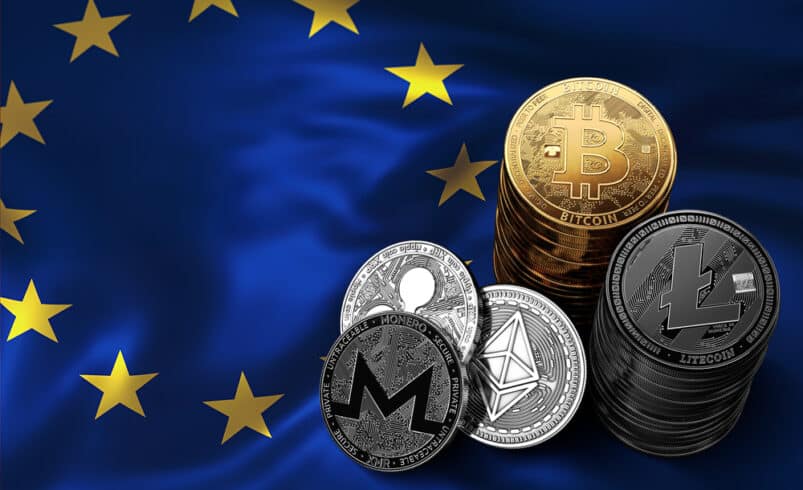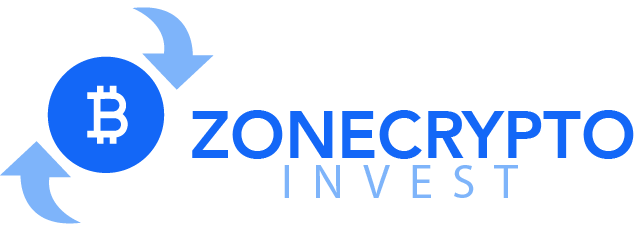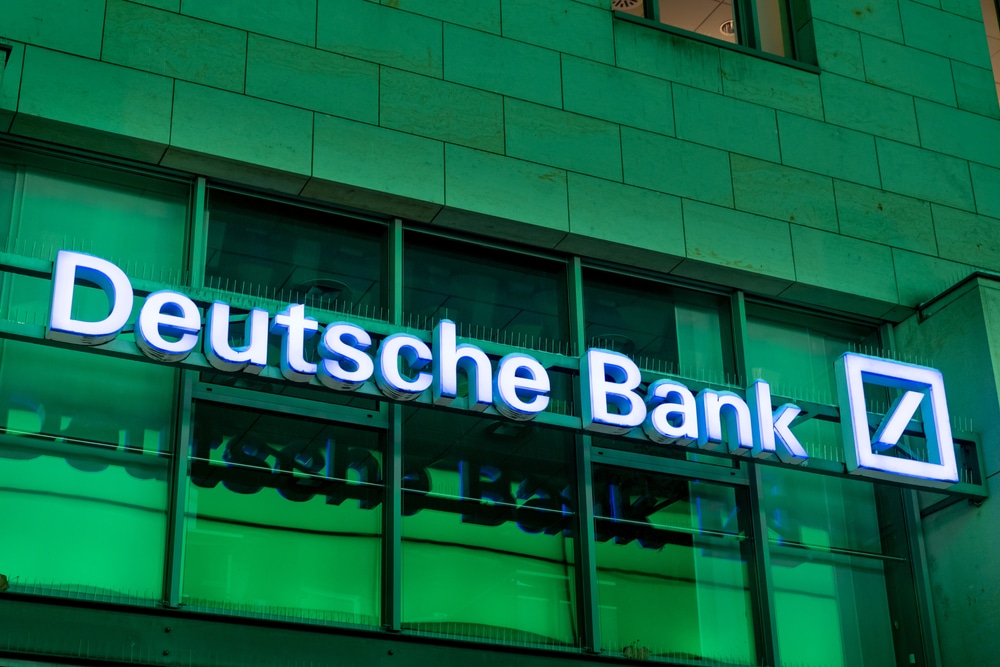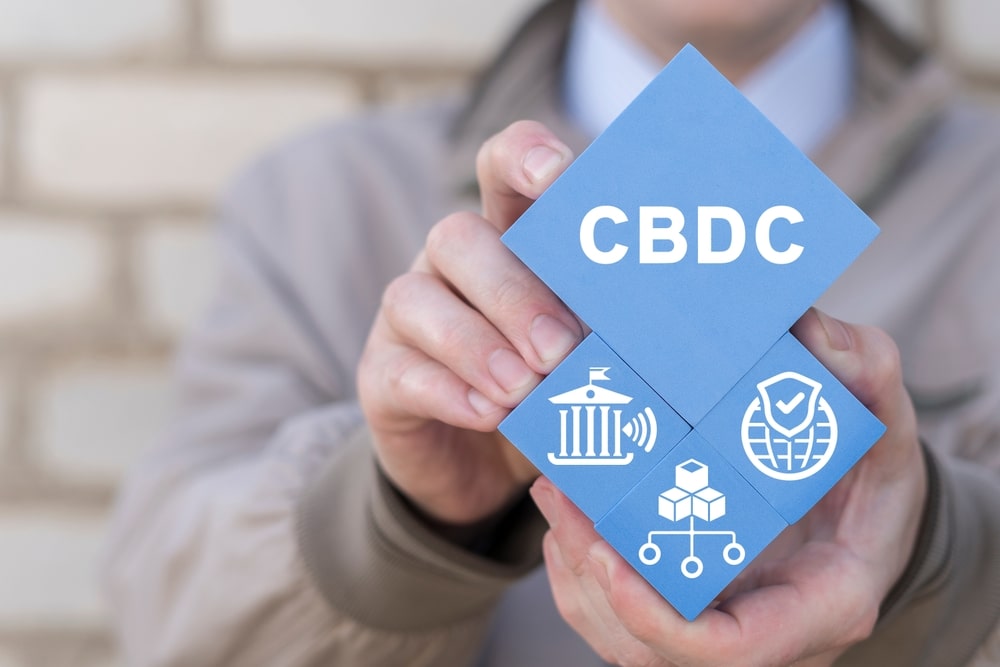European Union Countries Support ‘Europeum’ Blockchain Project to Attain Autonomy from American Technology

Officials from ten European Union (EU) countries agreed to support Europeum blockchain projects that guarantee independence from American technology. The official considers that developing a Europeum blockchain will safeguard the citizens to break free from overreliance on US technology.
European Union Countries Support Blockchain Infrastructure
The European Union officials drawn from ten countries agreed on Tuesday, May 21, to establish an organization to introduce blockchain infrastructure. The entity will revamp the record-keeping process and execute data transfer within the 27 member states bloc.
The move to unveil the EU-specific Europeum blockchain project occurred during the recent round of telecommunications ministers meetings hosted at the European Council in Brussels. The lawmakers hailed the initiative to break free from the US technology and rubber-stamped the historic law on artificial intelligence (AI).
The Belgian State Secretary for Digitalization Mathieu Michel profiled the Europeum is set to have a tangible presence within the daily lives of European citizens.
The blockchain infrastructure is set to revolutionize how individuals and companies interact with the blockchain, as the block eyes sovereignty as portrayed by Belgium’s digitalization secretary Mathieu Michel.
Michel, who advocated for the blockchain project administered by EU bloc members, termed it Europeum. He hailed the potential harbored by the Europeum to the European citizens.
Michel considers that the European Union will have an international body by December 2024 overseeing the blockchain development and deployment. The Europeum blockchain enables citizens to trace the products’ origins and facilitates businesses safeguard their intellectual property by sustaining data on immutable blockchain networks.
Michel’s statements saw representatives drawn from ten member states, including Greece, Poland, and Italy. The officials agreed to facilitate, operate, and roll out the EU blockchain.
Other European members can utilize the blockchain infrastructure upon its development and deployment. Michel expressed optimism that other nations will join the course.
Michel admitted that France and Germany are yet to commit to the arrangement. Nonetheless, the former had expressed support for the initiative’s intention.
EU Pursues Sovereignty via Europeum Blockchain
Michel urged the member states to support the push for creating a sovereign infrastructure and end the reliance on the Amazon Web Services (AWS) for telecom. The digitalization secretary had earlier weighed into the dependence on the US tech companies, alluding to AWS’s dominance in the cloud computing business.
Michel indicated that completing the blockchain project would facilitate recording digital wallets, licenses, credentials, and identities on Europeum.
Michel is optimistic that the blockchain infrastructure will progressively automate the smart contracts’ efficiency, enhancing legal and bureaucratic processes. The infrastructure is set to support the metaverse applications and the digital euro that the European Central Bank (ECB) plans to launch.
Preparedness of Digital Twins
The officials at the Wednesday meeting profiled the future of digital twins, which are identified as metaverse mandates for creating sovereign infrastructure. Its creation will yield critical checks based on singularity, privacy, security, and interoperability.
The officials noted that the blockchain infrastructure began in 2017. The project is run under the European Blockchain and Services Infrastructure. The European Commission officials observed that the developers collaborated with various companies to create a prototype that is currently a day.
Senior EU officials revealed on Wednesday that the bloc is devoted to building a blockchain-based ledger. The European Commission acknowledged the lack of a legal basis to guide the blockchain operations, thus restricting the infrastructure to pilot mode.
The absence of a legal basis explains the recent transformation of the project into the European Digital Infrastructure Consortium, a multinational initiative backed by the European Commission.
The consortia is running within the Digital Decade Policy Program (2030). Also, the initiative sits on the €165 billion allocated towards supporting the pursuit of objectives.
Michel indicated that individuals would be unhappy with the existence of Europeum. He added that such parties should know that data exchange among nations, companies, and administrations is safe.
Zone Crypto Invest provides exposure for numerous crypto businesses, and we invite you to join our community! Connect with us through our Telegram chat for any questions. Given the volatile nature of cryptocurrencies, always conduct thorough research before investing. Many articles on our website are sourced from guest writers or are paid content, and they might not reflect the views of Zone Crypto Invest's internal team. The opinions in these pieces may not always coincide with Zone Crypto Invest's stance. We do not vouch for the accuracy, quality, promotions, or any other aspects showcased on our platform. Please refer to our detailed terms of service and disclaimer for further information.








